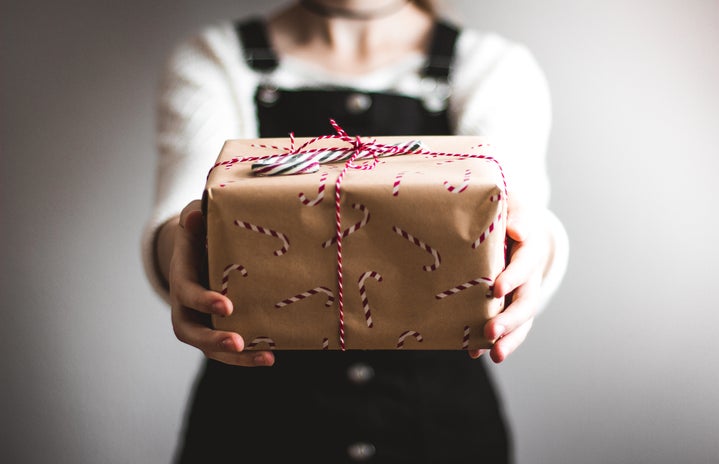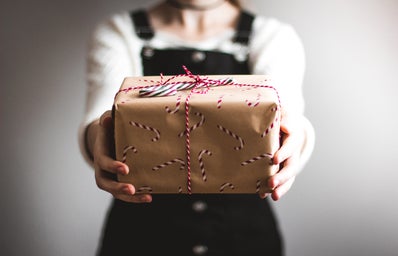Everywhere you look, it’s red and green, Christmas trees, Christmas music playing overhead in the corner store, Santa hats… You know what time of year it is. It’s Christmastime! But did you know that there are other holidays during the holiday season besides Christmas? Let’s give these holidays some love too! Whether you’re here because you don’t celebrate Christmas and are waiting for your holiday to be given a shoutout, or because you simply want to learn about other cultures, here’s s short list of some holidays that exist besides Christmas:
Eid
Photo courtesy of Abroad in Algeria
Eid el-Adha, or “Feast of the Sacrifice,” is considered the holiest Muslim holiday. Eid commemorates the ancient figure Abraham, and marks the end of the annual Hajj to Mecca in Islam. Muslims celebrate Eid by sacrificing a sheep, cow, goat, buffalo or camel, and donating a portion of the meat as well as money to charity (this is called zakaat). People dress in new clothes and share lunch and dinner, and gifts and money are exchanged between family and friends. There is also an Eid prayer. Eid is based off of the Islamic lunar calendar. This year it occurred on August 20.
Diwali
Photo courtesy of Wikipedia
Diwali, or Deepavali, is the Hindu festival of lights celebrated every year. It’s one of the most popular festivals in Hinduism, and it signifies the victory of light over darkness, and good over evil. Diwali rituals extend to several days, and people decorate their homes, dress up in their best clothing and participate in a prayer that is followed by a celebration. This year it occurred on October 19.
Hanukkah
Photo courtesy of Unsplash
Hanukkah, or Chanukah, is the Jewish festival of lights and celebrates the rededication of the Holy Temple. Whether or not you’re Jewish, you might be familiar with the menorah, which holds nine candles. Hanukkah is observed over eight days, so for each day, an additional candle on the menorah is lit (there are nine candles because one is used to light the other eight candles for the eight days of Hanukkah). This year it begins on December 12.
Kwanzaa
Photo courtesy of Thought Co.
Kwanzaa is celebrated in the States and in other nations of the West African diaspora in the Americas. The celebrations last for seven days, and each day is dedicated to the seven principles of Kwanzaa, which are umoja (unity), kujichagulia (self-determination), ujima (collective work and responsibility), ujamaa (cooperative economics), nia (purpose), kuumba (creativity) and imani (faith). Some celebratory symbols include a Kinara (candle holder) and Mishumaa Saba (seven candles). Kwanzaa begins on December 26.
Chinese New Year
Photo courtesy of Choose Chicago
Chinese New Year is a festival celebrated at the turn of the traditional lunisolar Chinese Calendar. This festival is centuries old, and the people who celebrate also use it as a time to honor deities and their ancestors. Celebrations include lion and dragon dances, fireworks and the giving of gifts and red envelopes which contain money. This year it occurs on February 16.


